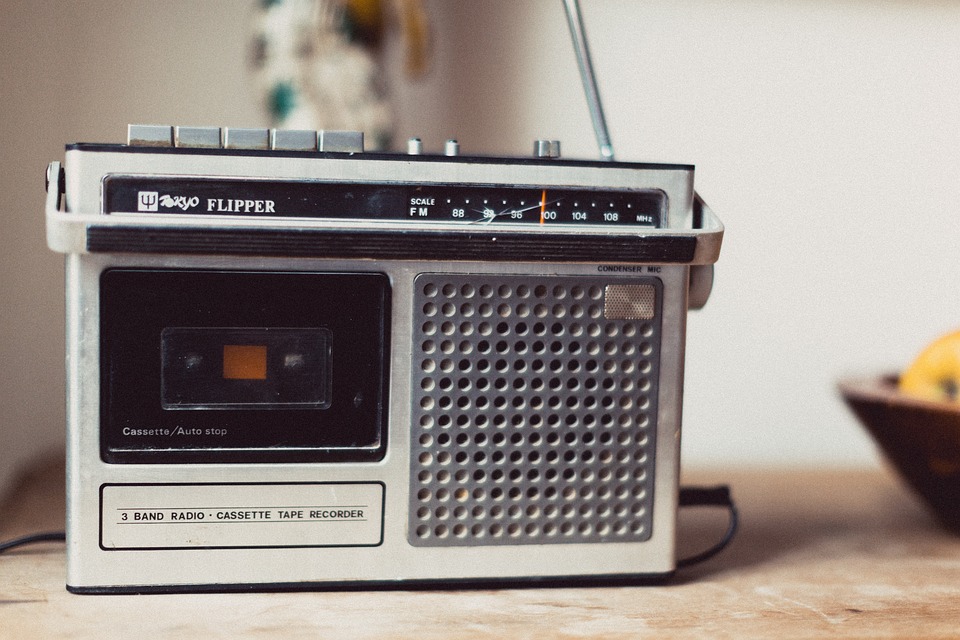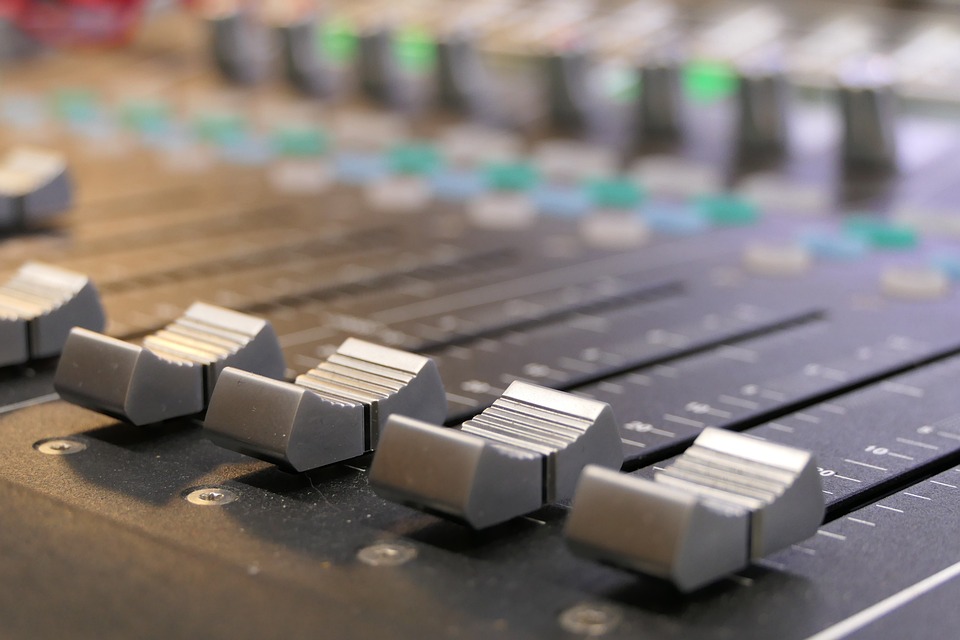Women in Radio Broadcasting: Breaking Barriers and Making Strides
The History of Women in Radio Broadcasting
Women have been involved in radio broadcasting since its early days. In fact, the first radio broadcast in history was made by a woman – Marie Høeg in Norway in 1898. However, it wasn’t until the 1920s that women began to make significant strides in the field of radio broadcasting. One of the first female radio hosts was Elsa Knight Thompson, who hosted a program on KPO in San Francisco in the early 1920s.
As radio broadcasting grew in popularity throughout the 20th century, more and more women began to enter the field. Women like Mary Margaret McBride, who hosted one of the first radio talk shows in the 1930s, and Dorothy Thompson, a journalist who became the first woman to host a news program on CBS in 1941, helped pave the way for future generations of female broadcasters.
Challenges Faced by Women in Radio Broadcasting
Despite the progress that has been made in recent decades, women in radio broadcasting still face a number of challenges. One of the biggest challenges is the lack of representation of women in the industry. According to a 2017 study by the Women’s Media Center, only 23% of radio news directors in the United States are women. This lack of representation can make it difficult for women to break into the industry and advance in their careers.
Another challenge faced by women in radio broadcasting is sexism and discrimination. Many women in the industry report facing harassment, discrimination, and unequal pay simply because of their gender. This can create a hostile work environment for women and make it difficult for them to succeed in the industry.
Women Making Strides in Radio Broadcasting
Despite these challenges, there are a number of women who have made significant strides in the field of radio broadcasting. Women like Terry Gross, the host of NPR’s “Fresh Air,” have become household names in the industry and have paved the way for future generations of female broadcasters.
In recent years, more and more women have been breaking into the field of radio broadcasting and making their mark. Women like Lulu Garcia-Navarro, the host of NPR’s “Weekend Edition Sunday,” and Audie Cornish, a co-host of NPR’s “All Things Considered,” are just a few examples of the talented female broadcasters who are making waves in the industry.
The Future of Women in Radio Broadcasting
As the field of radio broadcasting continues to evolve, the future looks bright for women in the industry. More and more women are entering the field and taking on leadership roles in radio stations across the country. Organizations like the Alliance for Women in Media are working to promote gender equality in the industry and provide support for female broadcasters.
With the rise of digital media and podcasting, women have more opportunities than ever to make their voices heard in the world of radio broadcasting. Women like Sarah Koenig, the host and co-creator of the hit podcast “Serial,” are proving that the future of radio broadcasting is female.
Conclusion
Women have been breaking barriers and making strides in the field of radio broadcasting for over a century. Despite the challenges they face, women continue to excel in the industry and pave the way for future generations of female broadcasters.
As the field of radio broadcasting continues to evolve, the future looks bright for women in the industry. With more opportunities than ever to make their voices heard, women are taking on leadership roles and making a significant impact in radio stations across the country.
With organizations like the Alliance for Women in Media working to promote gender equality in the industry, the future of women in radio broadcasting is looking brighter than ever. As more and more women enter the field and take on leadership roles, the world of radio broadcasting is becoming a more diverse and inclusive place for all.



Leave a Reply